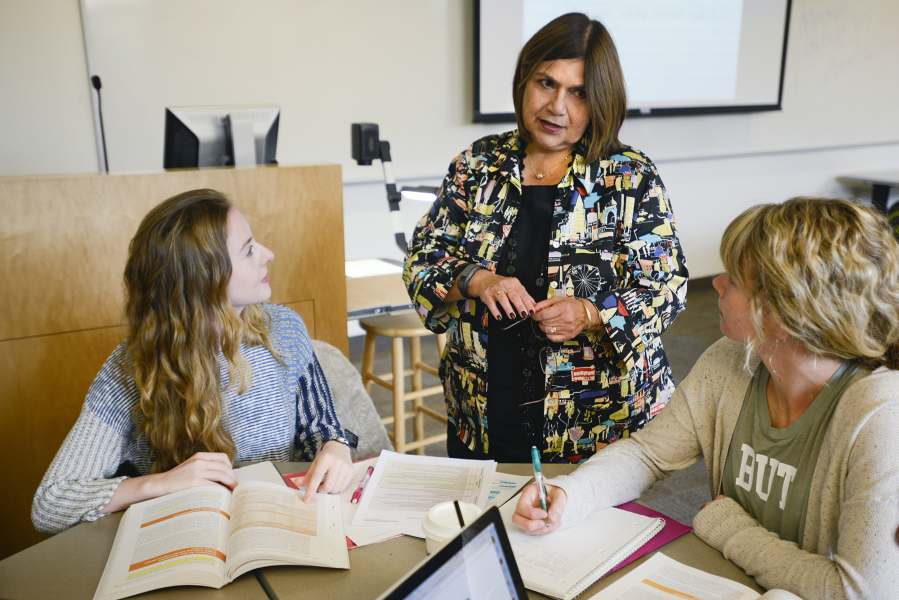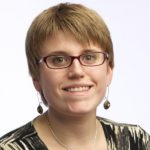A $2.2 million grant to Washington State University will help put more than 50 bilingual teachers in classrooms in Vancouver and the Tri-Cities.
The five-year grant from the Department of Education will allow WSU to provide full scholarships to at least 52 paraprofessionals — teachers’ aides who already are working in schools with English learners — to get bachelor’s degrees in education with English language learning endorsements.
Washington State University Vancouver’s own Gisela Ernst-Slavit, an English learning professor with the College of Education, will lead the charge with a team of researchers from the WSU Pullman and Tri-Cities campuses. The campuses also will analyze the success of the program for the Department of Education, looking at how successful the new teachers are and how they’re able to help students succeed in school.
The funding will help support paraprofessionals who already may be “outstanding educators,” but who have not received their degrees and teaching endorsements, Ernst-Slavit said.




